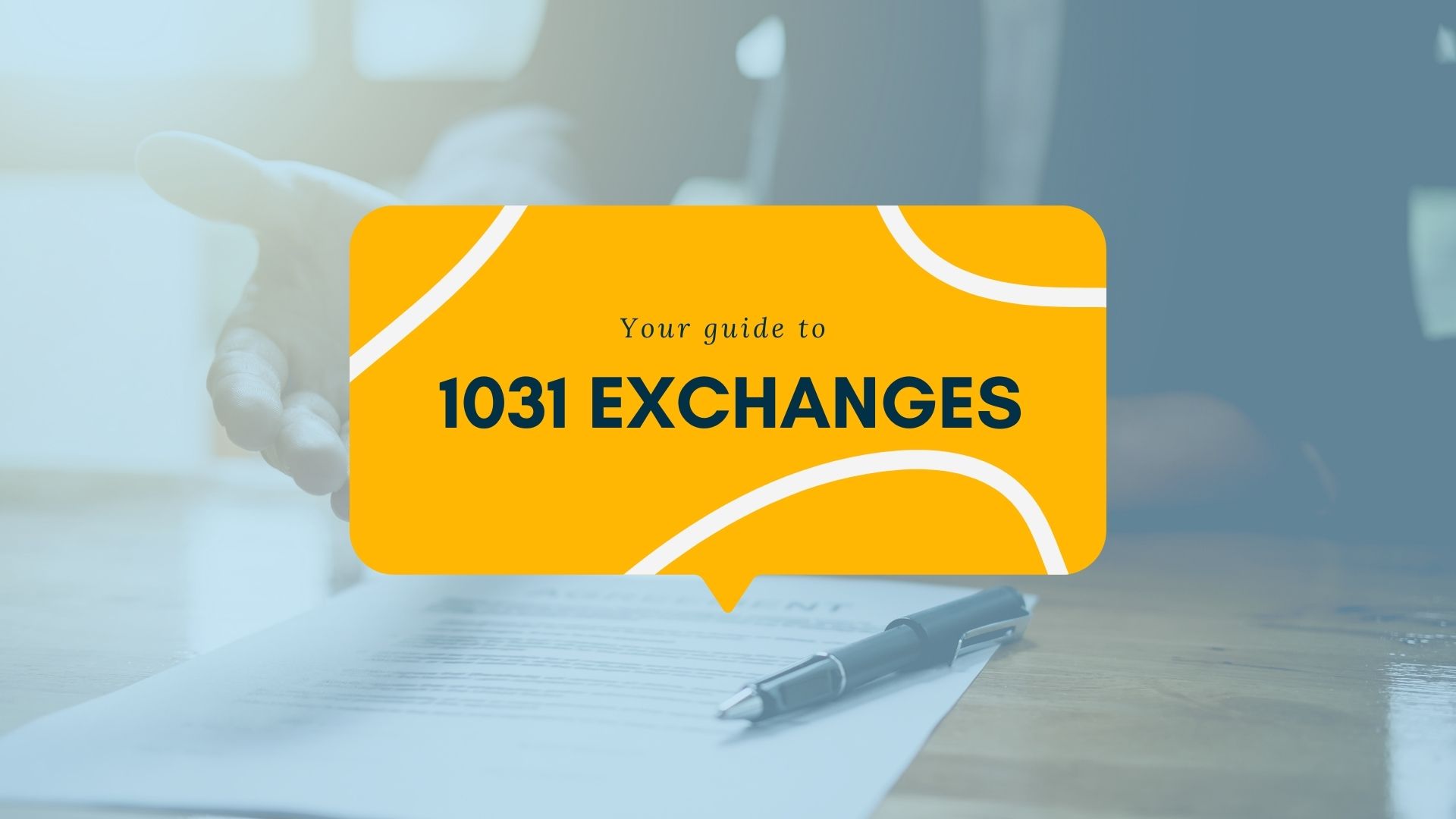If you’ve been around The Executive REI Show here for a while, you know we are all about giving practical, hands-on advice for new real estate investors so that you can start your journey to build generational wealth. That’s why we periodically dedicate a podcast episode to answering your questions!
This time we discussed how to evaluate market conditions in order to make money, what the different types of syndication deals are, how the self-storage industry is doing, and when you need a loan guarantor for a real estate deal.
If you want Michael to answer your question in a future episode, click HERE to submit your questions! But for now, let’s dive into this Q&A:
Prices for both houses and apartments are high right now. Can money be made in the current market conditions?
The short answer is yes. The longer answer is that you may need to be creative, and definitely need to have an in-depth understanding about the real estate market. Good investors are people who can make money during a good market, but great investors can make money and preserve capital during market ups and downs. Making money in any market requires being strategic, knowing your risk tolerance, and determining what’s important to you.
Part of understanding the market is to look out for current trends. For example, even before the COVID-19 pandemic, online retail was rapidly replacing brick and mortar retail. This only accelerated during the pandemic. But even if they don’t need retail storefronts anymore, all of those online retail stores still need warehouses, packing plants, or storage units! So, flex space has become a hot real estate asset over the last couple of years.
Here are some other considerations when thinking about how to make money in any market condition:
- How long are you holding the asset for? If it’s going to be a long time, then you might not need to worry so much about how much it initially cost.
- On the flip side, if you have a short timeline to do a fix and flip, you can also capture a lot of money.
- Understand the difference between cashflow properties and growth properties—do you want to make monthly income or have an asset that appreciates?
- Prepare for downturns by being cautious with your investments and understanding the numbers.
How are storage units doing right now?
As of the time of this podcast episode and article (Winter 2021), storage units are an excellent asset class to invest in. They have been a good asset to hold onto through the pandemic, and even increased in value over that period. More people were at home collecting things and needing places to store it, in addition to online businesses that required storage space.
Historically, storage units have done well during recessionary environments and they are more predictable than other real estate investments. For that reason, we’re a big fan of them here at The Executive REI Show and will continue to invest in self-storage!
Do I need to be a guarantor for a project? How much of a premium can I expect if I am asked to be a guarantor on a loan?
The answer to this depends on whether you are an active or passive investor in a real estate project. If you are an active investor, like a general partner (GP), you are expected to guarantee the loan. Some sponsors will pay you for that, while others don’t. It typically depends on the level of risk in the project and how large it is. Make sure that you understand the terms laid out by the sponsor before getting involved in a deal.
If you are a passive investor, like a limited partner (LP), you do not generally need to guarantee the loan. The very nature of being an LP is that you have no personal liability. Sometimes for a very large loan, though, you may be asked to be a guarantor, in which case you will earn additional return for your part in that.
Who takes on the personal liability of loans if the sponsor is opposed to taking on the liability?
This is a situation that should never happen. If the sponsor is not willing to be the guarantor of the loan, they need to rethink being a sponsor and the investors need to rethink their investment! Sponsors need to have a level of confidence in the project that they will put some “skin in the game” and take on a level of personal risk.
There are times in which a sponsor has a good reputation and is trustworthy, but they are fairly new, so they don’t have the personal net worth to be a guarantor. It is then acceptable to work with some other guarantors to put up the money and compensate them as needed. But the sponsor still needs to put some of their own money in as well to show trustworthiness in their character and confidence in the project.
Do you do Regulation C or Regulation D investments?
Regulation C investments are typically reserved for things related to government entities, so they are not something we work with or talk about here on The Executive REI Show. Regulation D investments are part of our wheelhouse, though, and we regularly do both 506(b) and 506(c) investments. Here are the differences between the two:
- 506(c) offerings are the most common type done by syndicators. The reason they are popular is because sponsors are allowed to generally solicit investors by sharing the opportunity anywhere they want. This allows them to reach a wide variety of investors. However, the caveat is that all investors need to be accredited investors.
- 506(b) offerings are less common, but still done regularly. These are offerings that allow a certain number of unaccredited investors, but they cannot be generally solicitors. So, while they are a good option for a new investor that’s not accredited yet, they need to individually go out and find these deals and have a prior relationship with the sponsor before getting involved.
It’s always a lot of fun hearing from our audience and answering your questions. If you want to have your question answered on a future episode of The Executive REI Show, click HERE to submit your questions!



